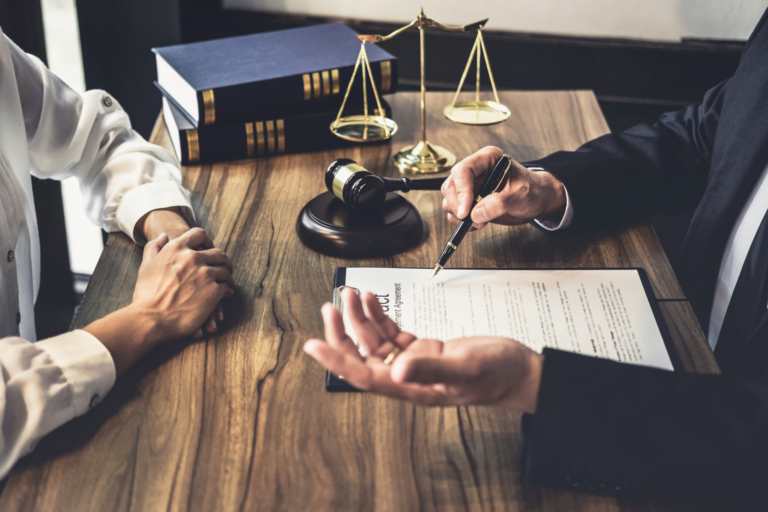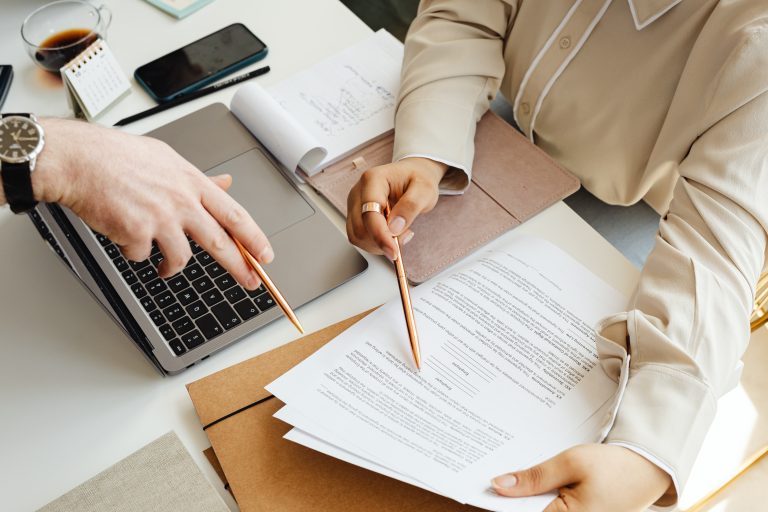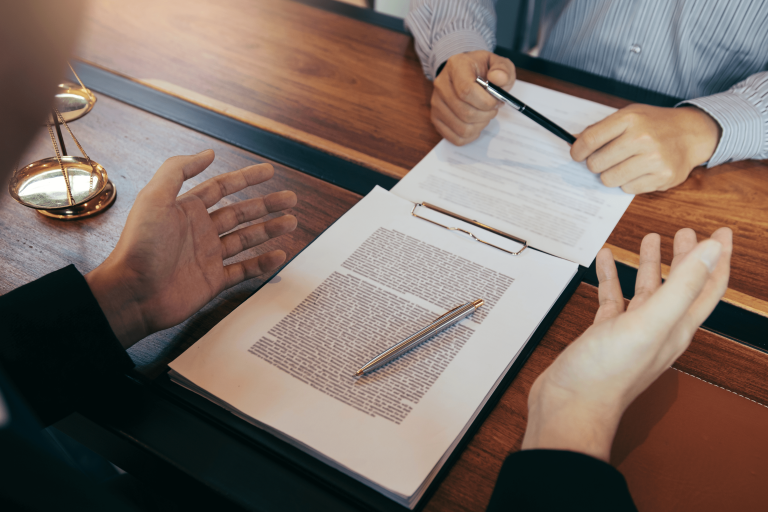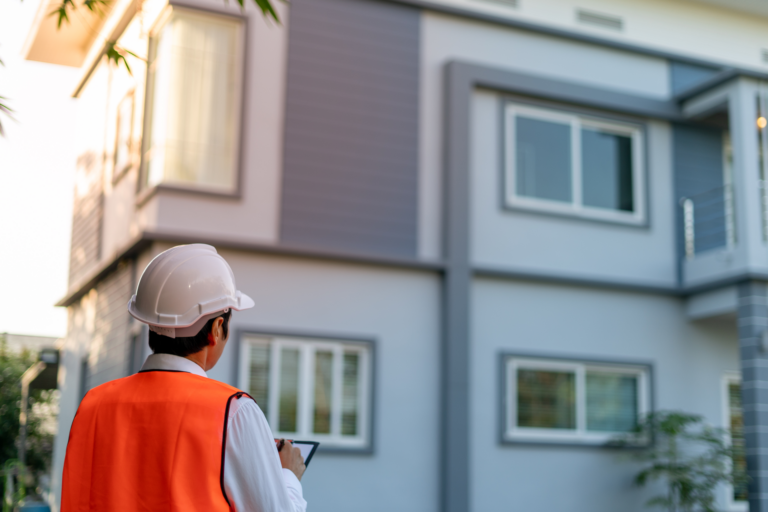If you want to learn the basics of homestead property in Florida, the benefits and limitations of homestead protection, how to claim your homestead exemption, and how to protect your homestead property from creditors and other threats, then you came to the right place.
What is Homestead Property?
Homestead property is a legal concept that protects your primary residence from forced sale by creditors, except in certain cases. It also provides tax benefits, such as reducing the taxable value of your property by up to $50,000.
Homestead property can be any type of dwelling, such as a house, condo, mobile home, or boat, as long as you live there permanently and it is not larger than half an acre in a municipality or 160 acres outside a municipality.
How to Claim Your Homestead Exemption
To claim your homestead exemption, you need to:
- File an application with the county property appraiser where your homestead property is located;
- Provide proof of ownership, such as a deed or a title, and proof of residency, such as a driver’s license or a voter registration card; and
- Declare that you do not claim any other homestead exemption in Florida or elsewhere.
You must file your application by March 1 of the year for which you are seeking the exemption.
The Benefits of Homestead Protection
Homestead protection has several benefits for homeowners in Florida, including:
- Tax Savings: Homestead exemption reduces the taxable value of your property by up to $50,000. This means that you pay less property taxes every year. In addition, if you have lived in your homestead property for at least two years, you may qualify for the Save Our Homes cap, which limits the annual increase of your property’s assessed value to 3% or the rate of inflation, whichever is lower.
- Asset Protection: Homestead protection prevents creditors from forcing the sale of your homestead property to satisfy a debt, except in certain cases. These cases include mortgages, taxes, liens for improvements or repairs, and obligations arising from divorce or child support. However, even in these cases, creditors cannot take more than the value of your equity in the property. Equity is the difference between the market value of your property and the amount you owe on it.
- Estate Planning: Homestead protection allows you to pass on your homestead property to your spouse or children without being subject to probate or creditor claims. In other words, your loved ones inherit your homestead property without any hassle or delay.
The Limitations of Homestead Protection
Homestead protection also has some limitations that you should be aware of, such as:
- Size Restrictions: Homestead protection only applies to properties that are not larger than half an acre in a municipality or 160 acres outside a municipality. If your property exceeds these limits, only the portion that falls within these limits will be protected. The rest will be subject to creditor claims and taxes.
- Residency Requirements: Homestead protection only applies to properties that are your permanent and primary residence. This means that you must live there for at least six months out of the year and intend to make it your permanent home. If you move out of your homestead property or rent it out to someone else, you may lose your homestead protection.
- Transfer Restrictions: Homestead protection only applies to properties that are owned by natural persons. This means that if you transfer your homestead property to a trust, a corporation, or another entity, you may lose your homestead protection. However, there are some exceptions for certain types of trusts and entities that are designed to protect your assets.
How to Protect Your Homestead Property in Florida
Homestead protection is a valuable asset for homeowners in Florida. However, it is not foolproof. There are some situations where creditors may still be able to reach your homestead property, such as bankruptcy, foreclosure, or fraud.
Therefore, it is important to take some additional steps to protect your homestead property from these threats. Here are some tips on how to do that:
Pay Your Mortgage and Taxes
The most common way that creditors can force the sale of your homestead property is by foreclosing on your mortgage or placing a tax lien on your property. Therefore, it is essential that you pay your mortgage and taxes on time and in full.
Avoid Unsecured Debts
Unsecured debts are debts that are not backed by any collateral, such as credit cards, medical bills, or personal loans. These debts can accumulate quickly and become overwhelming. If you default on these debts, creditors can sue you and obtain a judgment against you, allowing them to seize your assets, including your homestead property, to satisfy the debts. Therefore, you should avoid unsecured debts as much as possible.
Use Asset Protection Strategies
Asset protection strategies are legal ways of shielding your assets from creditor claims. There are many types of asset protection strategies, such as trusts, corporations, partnerships, and LLCs. However, not all of them are suitable for homestead property.
You need to consult a lawyer who specializes in asset protection to find out which strategy is best for you and your homestead property and implement it before you face any problems with creditors; otherwise, it may be considered fraudulent and voided by the court.
We Can Help You
If you are looking for a law firm that can help you with your homestead property issues, look no further than Jurado & Associates, P.A. We are a team of experienced and dedicated lawyers who specialize in real estate law, estate planning, asset protection, and more. We have helped many clients in Florida protect their homestead property from creditors, taxes, probate, and other threats, and we can help you too.
To schedule an initial consultation, please contact us today by phone at (305) 921-0976, by email at [email protected], or by WhatsApp at +1 (305) 921-0976.
We look forward to hearing from you and helping you with your homestead property needs.






